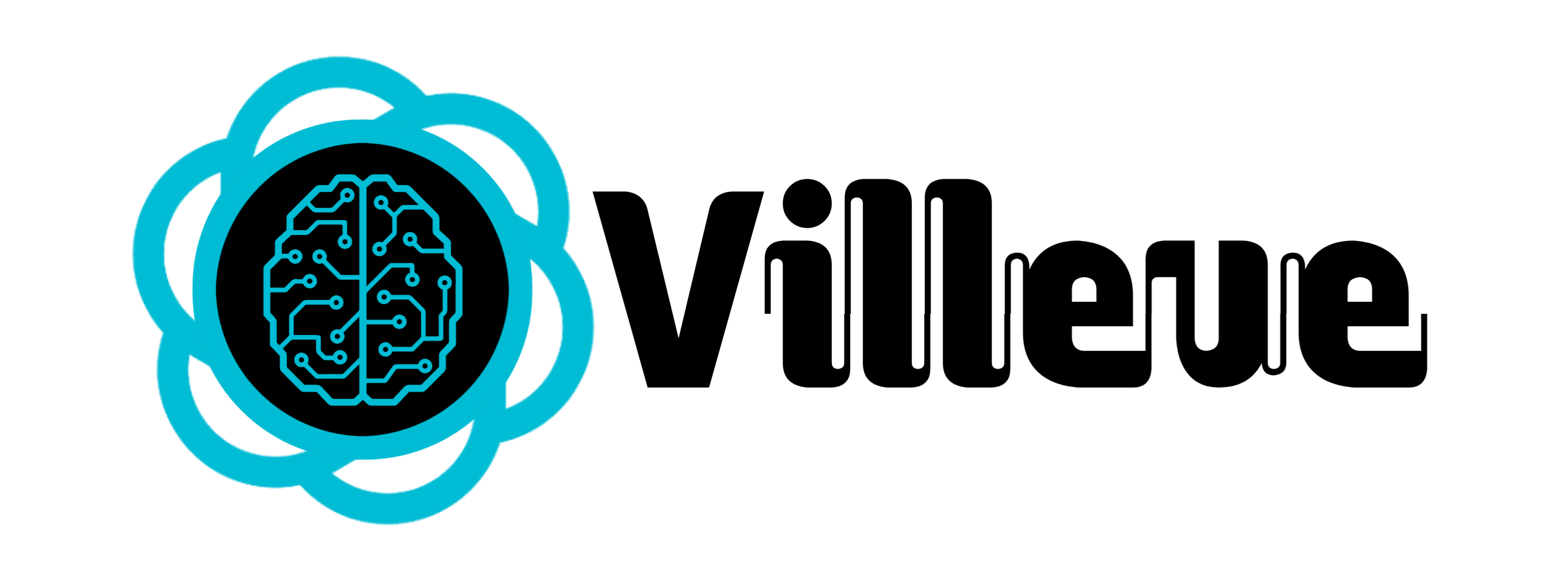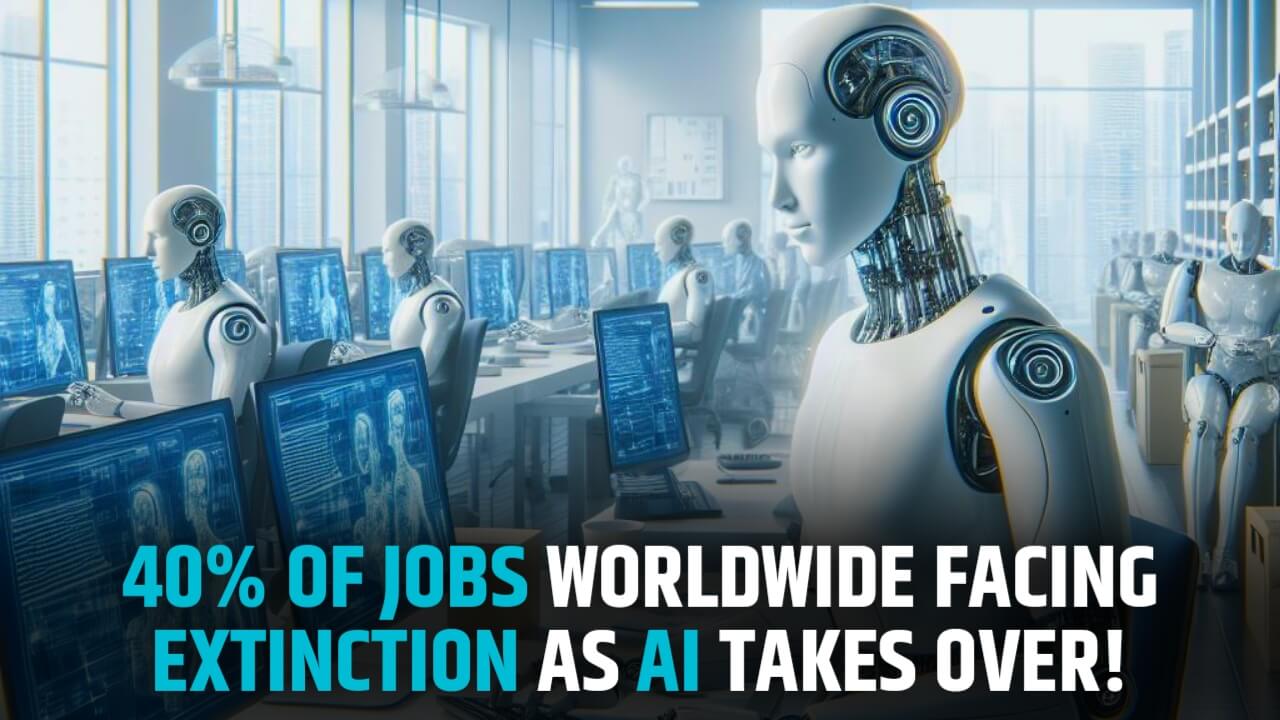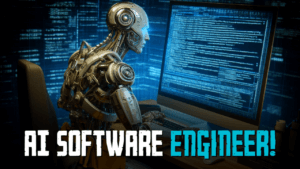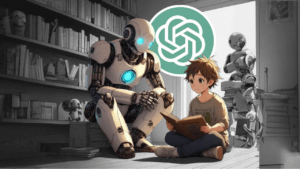The specter of automation looms large as the International Monetary Fund (IMF) predicts in a new report that nearly 40% of jobs worldwide are set to be impacted by Artificial Intelligence (AI) in the years to come. This technological tsunami, while promising substantial gains in productivity and economic growth, also casts a dark shadow of job displacement and widening inequalities.
The AI revolution is expected to hit advanced economies the hardest, with a staggering 60% of jobs facing potential transformation. From assembly lines to back offices, tasks once reserved for human hands are increasingly within the grasp of intelligent machines. While this can lead to increased efficiency and innovation, it also raises concerns about mass unemployment and social unrest.
The report highlights the potential for AI to exacerbate existing disparities, particularly between developed and emerging economies. Countries with robust digital infrastructure and skilled workforces are better positioned to harness it’s power and navigate the coming storm. Developing nations, however, may struggle to keep pace, potentially facing a widening digital divide and further economic hardships.
Also Read 7 Ways To Make Money Online With ChatGPT
Beyond the immediate concerns of job displacement, It’s rise presents a number of broader ethical and philosophical questions. Who will control these powerful machines? How will we ensure they are used responsibly and fairly? And what does it mean to be human in an increasingly automated world?
The world’s readiness for an AI-powered future remains a critical question. Investment in education and reskilling programs will be crucial to ensure that workers can adapt to the changing landscape. Additionally, robust social safety nets will be needed to protect those who are most vulnerable to job losses.
In conclusion, the IMF’s report serves as a wake-up call, urging policymakers and society at large to prepare for it’s inevitable impact. Embracing this transformative technology while mitigating its potential downsides is a complex but necessary challenge. We must navigate the coming wave of automation not with fear, but with foresight, creativity, and a commitment to shared prosperity. The future of work, and perhaps even the future of humanity, hangs in the balance.
Additional points to consider:
- The report also suggests that it will not simply replace jobs, but will also create new ones, potentially in fields like AI development, data analysis, and human-machine collaboration.
- The impact of AI is likely to vary across different industries and sectors. Some, such as manufacturing and transportation, are particularly vulnerable to automation, while others, such as healthcare and education, may see more nuanced changes.
- It’s ethical implications including issues of bias, transparency, and accountability, will require careful consideration and robust regulatory frameworks.
Ultimately, the story of AI is not one of robots replacing humans, but one of humans and machines working together to create a better future. The key is to ensure that this future is one of shared prosperity, where its benefits are distributed equitably and responsibly.




